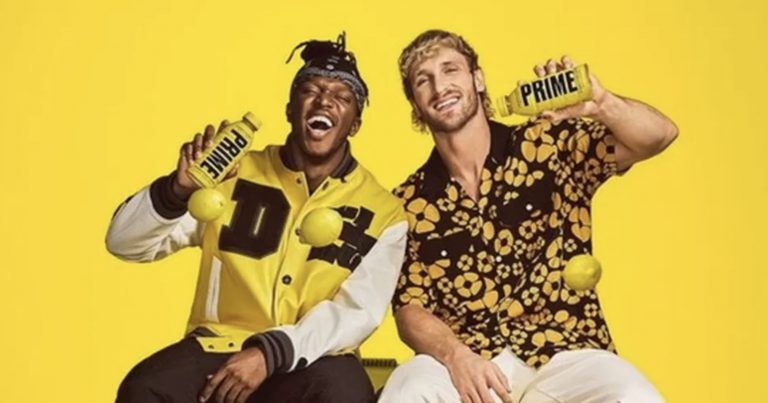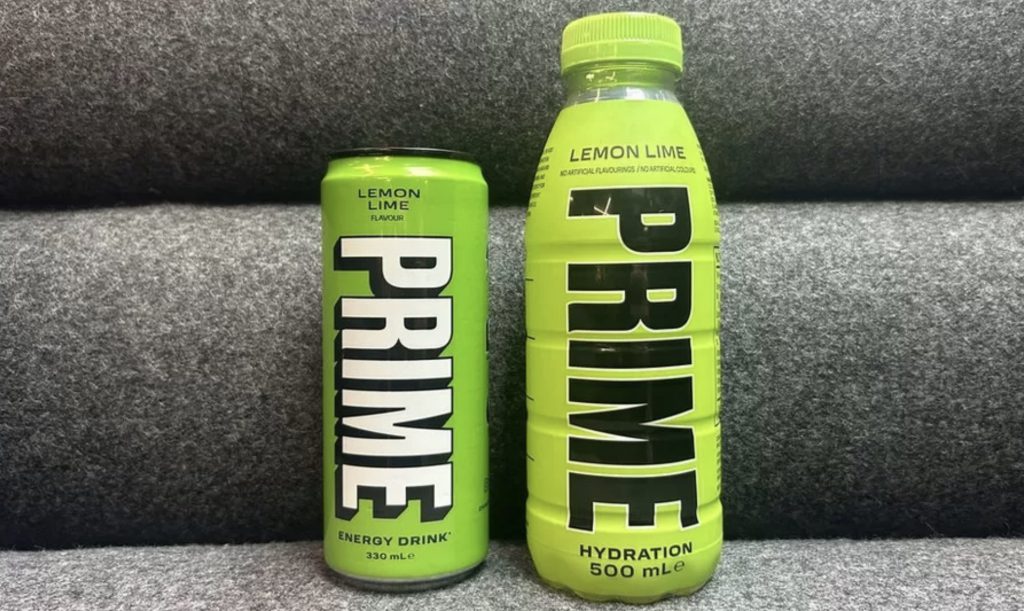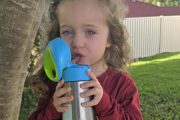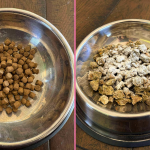“My Eight-Year-Old Received a Prime Drink in His Party Bag.”

“My Eight-Year-Old Received a Prime Drink in His Party Bag.”
“My eight-year-old son came home from a birthday party recently, where a Prime Hydration drink was part of the goodie bag. Given the party was late in the afternoon, I put it in the fridge and said “this isn’t a drink before bedtime” – hoping he would forget about it the next day. He didn’t, and wanted to have it.It isn’t appropriate for his age, so I had to navigate a very serious tantrum and eventually it ended up going down the drain. My question is, should I confront the mum about it or am I being a Karen? Not only are these drinks expensive but they aren’t suitable for eight-year-olds to drink. Party bags full of sweets are hard enough to manage, let alone a drink that has been extremely controversial.”
The drink in question, PRIME not only carries a significant cost but also raises concerns about its suitability for eight-year-olds. Managing party bags filled with lollies is already a challenge, and adding a controversial beverage to the mix further complicates things. So it’s understandable why one mother was questioning the suitability of this type of drink in her child’s goodie bag.
In our current climate, Prime is at the centre of discussions, and rightfully so. Notably, a child in London recently faced a near-fatal caffeine overdose due to consuming Prime Energy. As parents, we naturally hope that items brought home from parties align with age-appropriate choices, sparing us the need to intervene. Unfortunately, children of that age often perceive party bags as treasures they can explore immediately, making the situation complex.

Although Prime Hydration is caffeine-free, its composition, including amino acids and other additives, renders it unsuitable for children under 15. Given the age group of the party attendees, this concern is valid and extends beyond being overly cautious. Balancing the already challenging task of managing a bag filled with sweets becomes even trickier when dealing with a drink meant for a different age group. General recommendations advise against sugary drinks for children under 10, as these beverages contribute to various health risks such as weight gain, dental issues, heart problems, diabetes, and fatty liver disease.
Contemplating whether to address the issue with the hosting mother involves considering potential benefits. Is there an existing rapport with her, and could raising this concern strain the relationship? Building connections during the intensive phase of motherhood can be challenging, which might discourage stirring unnecessary conflicts.
Should the topic be a subject of conversation among other mothers, a direct approach with the hosting mother could be more appropriate to prevent misunderstandings. Nobody wishes to be the subject of indirect gossip. Conversely, if such discussions are absent, a casual approach might be preferable, possibly assuming that she might not be aware of the age restriction. A non-confrontational inquiry could be, “Did your son react when you withheld the drink? I noticed it wasn’t suitable for his age as per the label.”
In these situations sometimes if you’ve successfully managed to address the matter with your child, minimising the tantrum, then it might be wise to let it rest. Although your son might experience temporary frustration, his overall well-being, particularly his sugar levels, will benefit in the long run. Establishing boundaries with children encompasses more than just food-related decisions. Saying no is about ensuring their safety, and setting these boundaries early becomes crucial as they grow older and face higher-stakes situations.
What do you think?
Images: Pixabay













